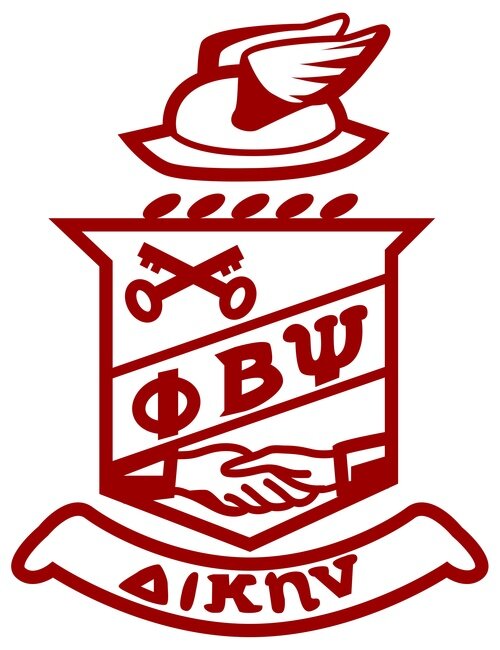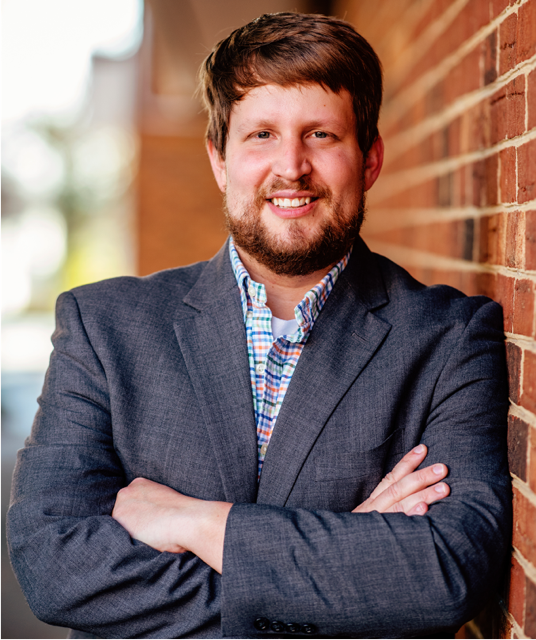
Our National Project: Cancer Research
Go the distance to give back in ways you’ve never thought of!
In 2025, the national membership voted to give $572K to six grant recipients. Each doctor received more than $95K.
Making an Impact
Our National Project is Cancer Research – covering anything from new drug trials to potential treatment options and everything in between, for all types of cancer. Throughout the year, each chapter of Phi Beta Psi raises money to go towards our National Project either through community fundraising events, donations or memorials. That money is then awarded in grants to different doctors researching a cure for cancer.
Since 1941 when we adopted Cancer Research as our National Project, Phi Beta Psi has given a GRAND TOTAL of $12,538,721 to the cause of finding a cure!
The reason we have been able to do that is in huge part from each of our communities believing in our cause and making our fundraisers successful. We are proud of what we do and hope to continue growing our contributions each year.
2025 Grant Recipients
-

Anna Bianchi-Smiraglia, PhD
Roswell Park, Buffalo, NY
PROJECT: To investigate the interplay between metabolic alterations and immune response in chemotherapy-resistant triple negative breast cancer, aiming at identifying novel points of leverage for therapy.
-
Michael C. Brown, PhD
Duke University
PROJECT: BRAIN CANCER/BRAIN METASTASES
Define sex differences in the immunobiology of brain tumor and bone marrow immune microenvironments and determine the role of sex hormones in influencing brain tumor immunotherapy.
-

Yang Chen, PhD
MD Anderson, Houston, TX
PROJECT: To understand the regulatory mechanisms by which chronic inflammation promotes the progression of pancreatic cancer. Studying the tumor immune microenvironment may shed light on new therapeutic strategies for pancreatic cancer treatment.
-
Dr. Robert Eil
Oregon Health and Science University
PROJECT: Enhancing the safety of CAR-T cells for metastatic solid cancers.
This project will optimize an innovative new genetically encoded safety program for CAR-T cells. In the proposed strategy, CAR-T cells are sequestered to the organs involved by cancer, sparing disease-free organs from unacceptable toxicities.
-

Rui Tang, PhD
Washington University, St Louis, MO
PROJECT: CAR-T therapy in lung cancer remains a challenge because we don’t fully understand how tumors interact with immune cells. We’re developing a precise, high-throughput method to study these interactions in living models— paving the way for more personalized and effective CAR-T treatments for patients.
-
Dr. Victoria Wang
University of California-San Francisco
PROJECT: LUNG CANCER
To understand the mechanisms contributing to therapeutic resistance of novel agents in lung cancer, such as KRAS inhibitors to eradicate residual disease and augment the upfront clinical response.
Apply for Grant
Grant Applications for August funding will be accepted April-June each year
Previous Grant Awardees Articles
Medical Advisory Board
-
Russell O. Pieper, Ph.D.
CHAIRPERSON
University of California
-
Bernard W. Futscher, Ph.D.
University of Arizona Cancer Center
-
Stephen Ladisch, M.D.
Children’s National Medical Center
-
Kenneth P. Nephew, Ph.D.
Indiana University School of Medicine
-
James L. Wittliff, Ph.D., M.D., hc
HONORARY MEMBER
Louisville, KY

By giving, you are helping raise funds for new methods in the fight against cancer.
To make a donation by check, please fill out this form, make checks payable to "Phi Beta Psi Sorority," and mail to:
Luana Barker, National Treasurer
Phi Beta Psi Sorority
5650 Dyer Road
Mt. Sterling, OH 43143








